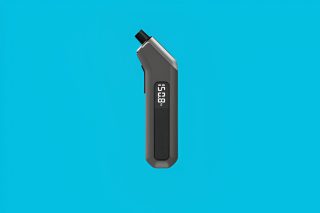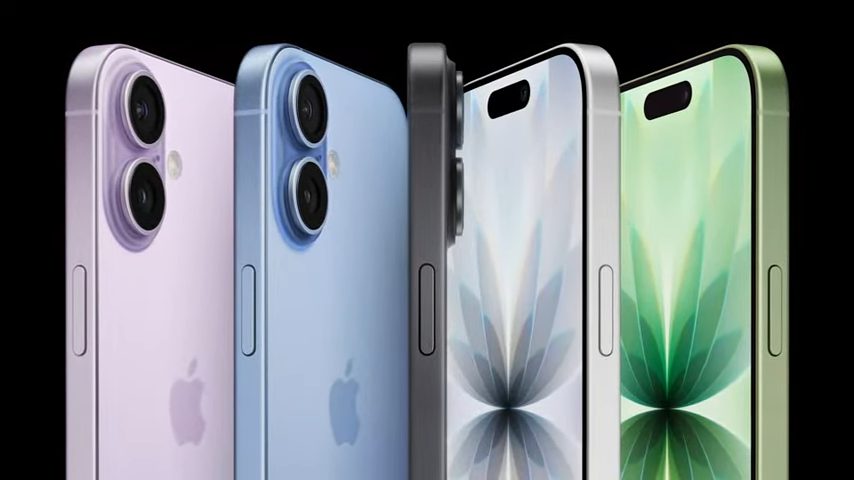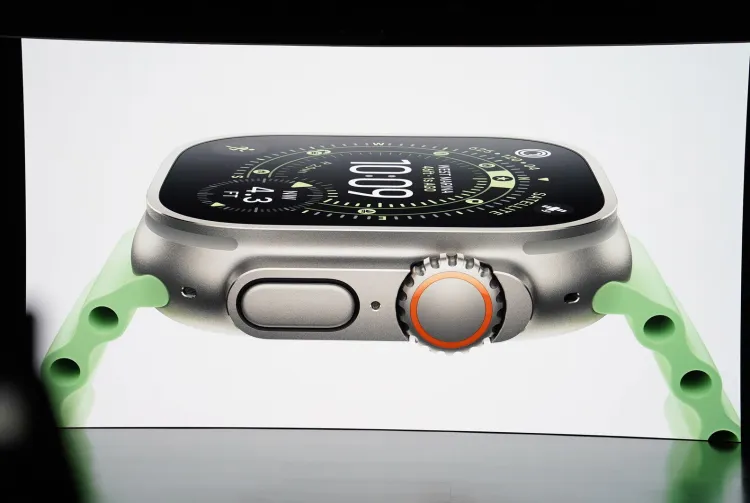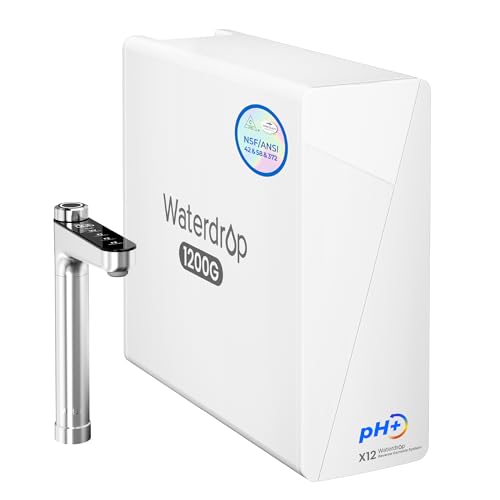Tesla’s AI ambitions needed a manufacturing partner willing to go all-in, and Samsung just raised its hand with $16.5 billion. This isn’t just another chip deal—it’s Samsung’s largest foundry contract ever, and your next Tesla’s AI brain will be manufactured in Texas, not Taiwan.
The partnership gets more intense than your relationship with your phone’s battery percentage. Elon Musk announced he’ll “walk the line personally to accelerate the pace of progress” at Samsung’s Texas facility, signaling unprecedented collaboration between the companies. This level of CEO involvement in chip manufacturing is virtually unheard of in the industry.
The Chip War Shuffle
Here’s what makes this deal fascinating: Tesla’s bouncing between semiconductor giants like they’re dating apps. Samsung previously manufactured Tesla’s A14 chips, then TSMC snagged the A15 contract, and now Samsung reclaims the relationship with the A16 generation.
The A16 chips will power Tesla’s next-generation Full Self-Driving capabilities and AI computing platforms. Translation: the processing power that determines whether your Tesla actually drives itself or just provides expensive lane-keeping assistance.
Beyond the Billions
This contract ensures Samsung’s Taylor facility won’t become another delayed semiconductor project gathering Texas dust. The fab was previously pushed back to 2026 due to lack of customers—problem solved with Tesla’s eight-year commitment running through 2033.
The timing aligns perfectly with the Biden administration’s $40+ billion semiconductor investment push, positioning American chip manufacturing as strategically crucial rather than just economically beneficial.
For Samsung, this represents validation in their ongoing battle with TSMC for advanced chip manufacturing supremacy. For Tesla owners, it potentially means more reliable AI performance and shorter upgrade cycles as production ramps up domestically.
The semiconductor industry just got more competitive, and your future driving experience depends on how well Samsung executes this Texas-sized opportunity.




























